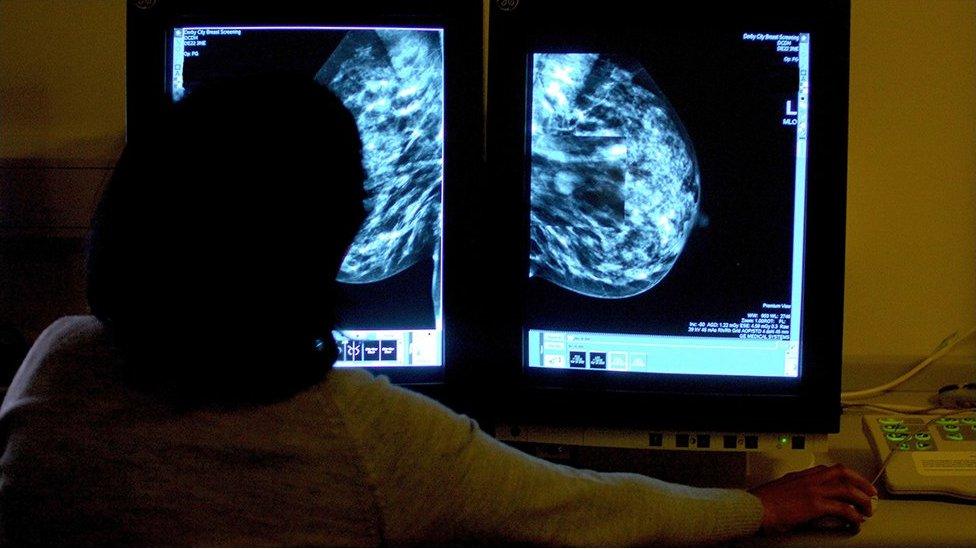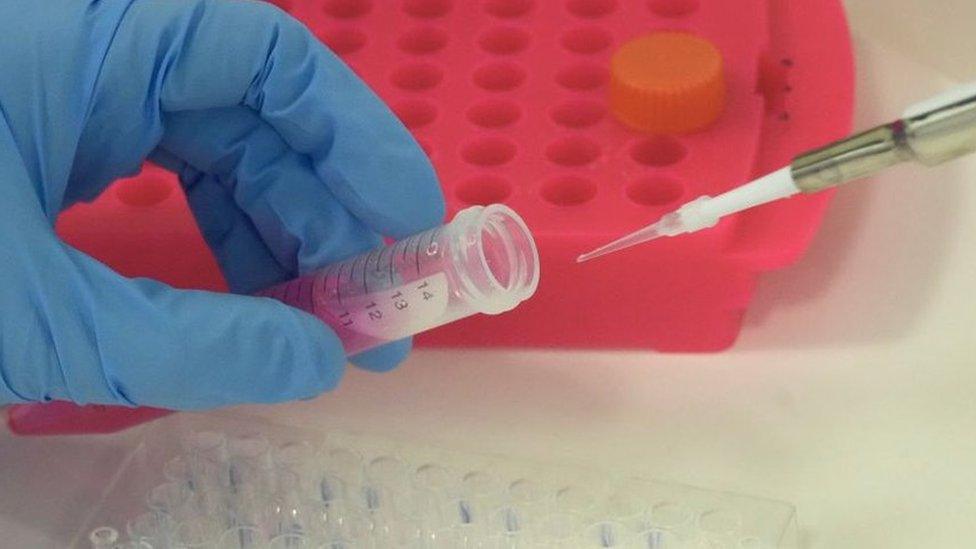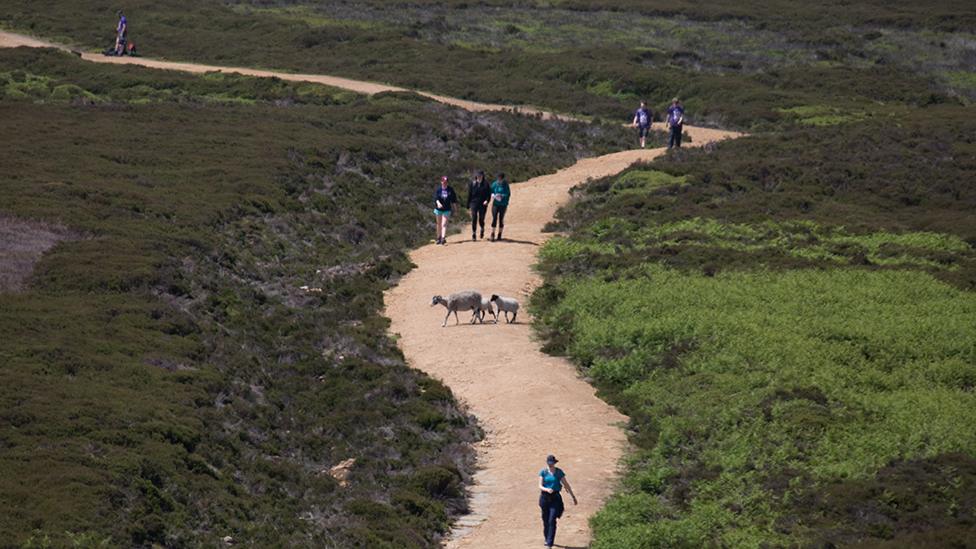University of Sheffield researching new drugs for breast cancer
- Published

More than 11,000 women die from breast cancer in the UK every year, according to charity Breast Cancer Now
Researchers at the University of Sheffield are testing new combinations of drugs to treat breast cancer that has spread to the bone.
The study is being funded by a £142,714 grant from charity Breast Cancer Now.
Led by Professor Penelope Ottewell, the team will investigate investigate whether the drug radium-223, which is used to treat prostate cancer, could also be used in breast cancer cases.
An estimated 61,000 people are living with secondary breast cancer in the UK.
According to a study published in 2022, in 70 to 80% of women with secondary breast cancer, the disease has spread to the bone.
Prof Ottewell from the university's School of Medicine said: "Although radium-223 is already used to treat prostate cancer that's spread to the bone, it's not been as successful in clinical trials for breast cancer.
"We hope by combining radium-223 with other drugs, we can unlock the potential of this treatment and help thousands of women with secondary breast cancer."
The researchers will carry out tests with drugs that are already used to treat cancer, and some which are still being developed, to find out which ones are most effective at shrinking and eliminating breast cancer cells when combined with radium-223.
They will then test if this combination can get rid of inactive breast cancer cells in the bone and prevent secondary breast cancer from even developing.
Dr Simon Vincent from Breast Cancer Now said: "With 11,500 women dying from breast cancer in the UK every year, it's vital we continue to fund research to understand and treat this devastating disease.
"Breast Cancer Now is delighted to fund this new research that we hope will lay the groundwork for clinical trials into new treatment combinations for secondary breast cancer in the bone.
"And even help to stop secondary breast cancer developing in the bone in the first place."

Follow BBC Yorkshire on Facebook, external, Twitter, external and Instagram, external. Send your story ideas to yorkslincs.news@bbc.co.uk, external.
Related topics
- Published8 March 2023

- Published9 February 2023
- Published24 June 2022
